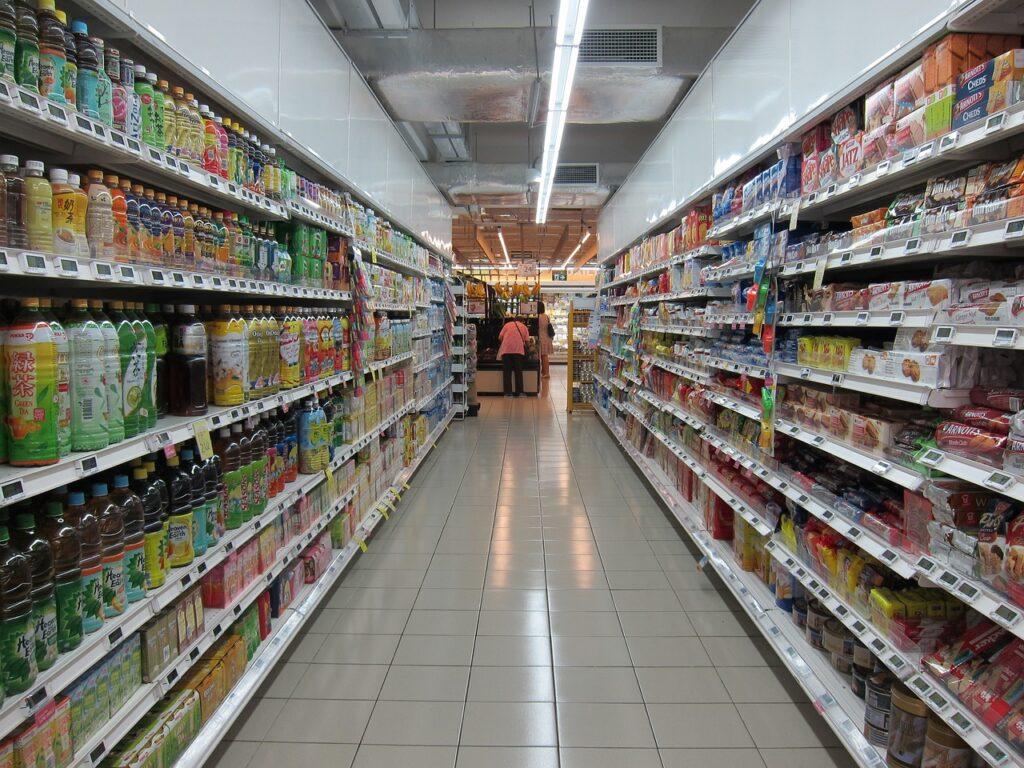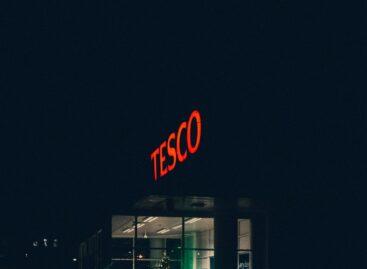Private Labels vs Brands – Adapting To Consumer Shifts And Innovating Pricing Strategies
Food sales are expected to show only weak growth in 2024, and this fact certainly poses serious challenges to FMCG brands. Ananda Roy, FMCG consultant and vice president of Circana, told ESM that manufacturers need to adopt a new pricing strategy to remain competitive.

Responsiveness to changes in customer habits has become vital. Consumers’ brand loyalty has changed significantly, and this trend affects their shopping habits as well. Customers are increasingly willing to make trade-offs when purchasing essentials and non-essentials, often giving up well-known brands for private label alternatives.
In response to these changes, it is time for manufacturers to implement new pricing strategies. Dynamic pricing allows prices to adjust to real-time market conditions. This flexibility allows brands to quickly respond to changes in consumer behavior, market fluctuations, and the ever-changing landscape of consumer loyalty.
Related news
Private Label Market Share Reaches Record High In Italian Retailers
🎧 Hallgasd a cikket: Lejátszás Szünet Folytatás Leállítás Nyelv: Auto…
Read more >More Than Two Thirds Regularly Buy Private-Label Groceries In Europe, Study Finds
🎧 Hallgasd a cikket: Lejátszás Szünet Folytatás Leállítás Nyelv: Auto…
Read more >Related news
Nestlé to sell remaining ice-cream assets but commits to Froneri venture
🎧 Hallgasd a cikket: Lejátszás Szünet Folytatás Leállítás Nyelv: Auto…
Read more >Lidl guarantees fairer prices for cocoa farmers
🎧 Hallgasd a cikket: Lejátszás Szünet Folytatás Leállítás Nyelv: Auto…
Read more >40 secure jobs, sustainable solutions – new BURGER KING® in Csepel
🎧 Hallgasd a cikket: Lejátszás Szünet Folytatás Leállítás Nyelv: Auto…
Read more >







